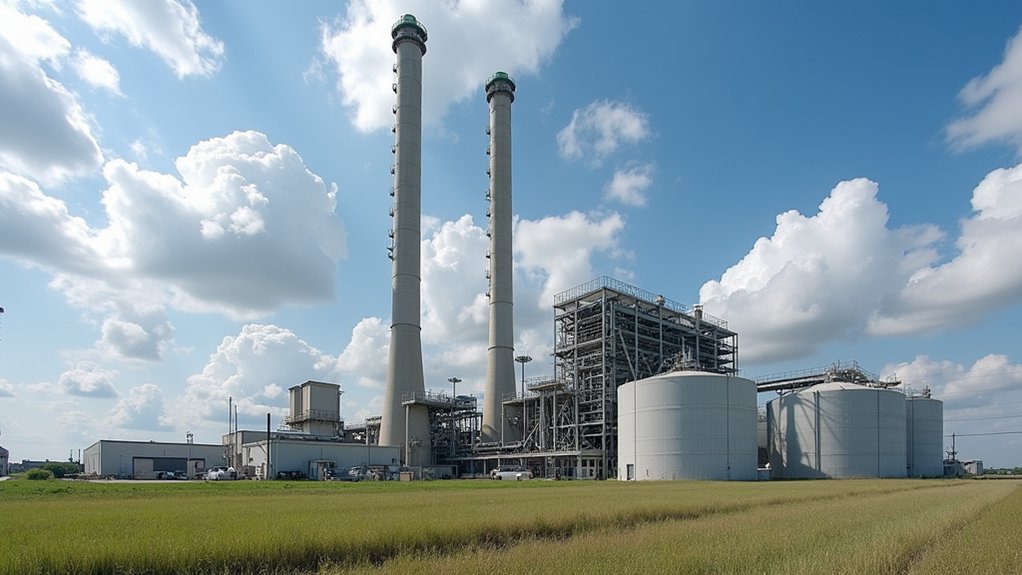Pratt Institute’s commitment to sustainability education materializes through its innovative MS in Sustainable Environmental Systems program, a 40-credit STEM-designated degree that transforms students into environmental problem-solvers for urban communities. Located at the School of Architecture in Brooklyn, this interdisciplinary program addresses critical urban challenges including water management, air quality, waste systems, and building performance through evening classes designed for working professionals. This program also emphasizes wellness-focused aesthetics that align with sustainable living practices.
The program distinguishes itself through intimate class sizes of 8-12 students, nurturing collaborative learning environments where future sustainability leaders engage with complex environmental issues. Students investigate extensive coursework including Science of Sustainability, Environmental Economics, Environmental Evaluation, Climate Change & Cities, and Life Cycle Analysis. This curriculum develops critical examination skills while integrating land use, transportation, preservation, and economic planning strategies within urban contexts.
Faculty members bring exceptional real-world expertise to the classroom, comprising innovative civic leaders, community organizers, and government officials actively shaping sustainability practices throughout New York City and beyond. These current practitioners connect students with powerful professional networks while sharing groundbreaking approaches to environmental management and policy implementation. The program encourages interdisciplinary collaboration between different departments to create comprehensive sustainability solutions that address complex environmental challenges.
The program’s justice-driven framework guarantees students learn stakeholder engagement techniques that uphold social and environmental justice principles throughout their professional practice. Practical application opportunities abound through studios, client-based capstone projects, and practicums that generate tangible community impact. Recent student projects demonstrate this applied learning approach, including the Green Infrastructure Studio’s Jewel Streets plan and the Delta Cities Coastal Resilience Studio’s strategies for a resilient Edgemere.
The RAMP (Recover Adapt Mitigate Plan) initiative exemplifies these hands-on learning experiences, providing climate action research opportunities with NYC, regional, and international communities. Students with relevant professional experience or advanced degrees may receive up to 10 credits of advanced standing, accelerating their academic journey.
Supporting this academic excellence, Pratt’s Sustainability Center serves as both physical and virtual hub for environmentally responsible education across the institute. The center coordinates resources, streamlines teaching materials, and organizes bi-annual Earth Action Week events each fall and spring semester.
This integration extends to campus operations, where students participate in evaluating sustainability initiatives, treating the campus as a living laboratory for sustainable design and operation. Through this holistic approach, Pratt Institute cultivates environmental leaders equipped to build and preserve sustainable urban communities worldwide.







